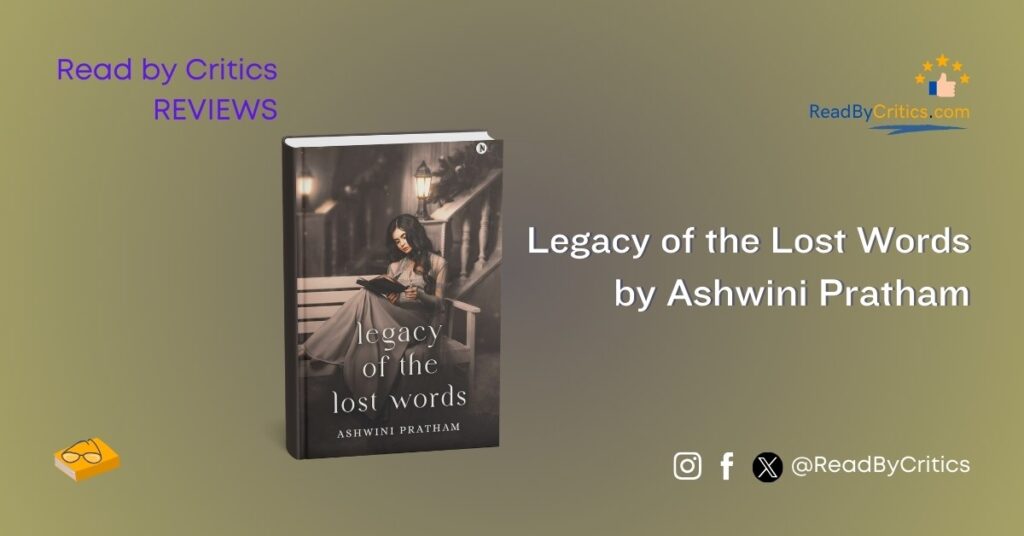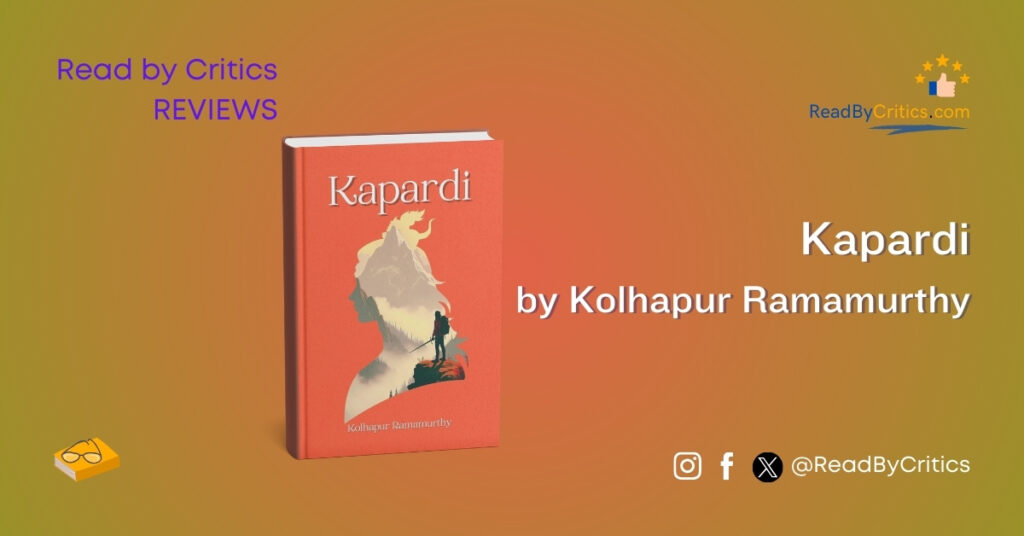Among the names that command respect and authority on the horizon of English literature in India, Amitav Ghosh is among the front-runners. Amitav has written many novels and made a distinct audience base for himself (and his works) by offering a unique combination of writing style, content, themes and treatment of the literary sojourn. I have read many of the published novels by Ghosh and in this article, I will review one of the best – The Hungry Tide. I will try to focus on the important merits and demerits of the novel. Many may agree about the merits. Many may disagree about the demerits. However, no work of literature is perfect enough to satisfy all the readers. Let’s discuss it!
The best beginning is the one that gives you an idea about the course to be taken. Well, in that line, let me say up front that Amitav Ghosh’s The Hungry Tide sets sail with grand ambitions, but ultimately finds itself adrift in a sea of underdeveloped characters and a meandering plot. While this might not seem relatable to the admirers of Ghosh, let me give you the reasons for such a conclusion in my opening lines. And it is also not the tempo for the entire conversation. There are many things that I like in The Hungry Tide, and I will mention that as well. However, because of literary studies that I undertook for more than 15 years now, I am compelled to critically assess the novel’s strengths and weaknesses, shedding light on the missed opportunities that prevent it from realizing its full potential – in terms of the artistic exhibition of literary prowess.
Ghosh’s writing style in The Hungry Tide hints at an undeniable command of the language, evoking the lush beauty of the Sunderbans through vivid descriptions and a palpable sense of atmosphere. In weaving the panorama, describing the flora and fauna, striking one’s consciousness with an imposed sense of balance between human and nature, and, at the same time, maintaining a safe distance between the story of the characters and the story of a pious connection between human civilisation and nature, Amitav Ghosh has certainly succeeded in The Hungry Tide. To put it to a further distance, it is no doubt the author’s poetic sensibilities shine through, as he paints a rich tapestry of the natural world, imbuing it with a dainty quality. I admire and truly do so when it comes to Ghosh’s unmatched ability to immerse readers in the beautifully constructed sights, carefully chosen sounds and amazingly selected scents of the Sunderbans. The novel veers through the streets of ecological balance (that the author often questions in the course of the novel) offering a glimpse into an enchanting and untamed landscape.
However, beyond the eulogising linguistic exhibition that ardently appreciates nature around us, it is within the realm of character development that The Hungry Tide seems to falter. The protagonists, Piyali Roy (referred to as Piya) and Kanai Dutt, are unfortunately (perhaps knowingly?) marooned in two-dimensional representations, lacking the depth and complexity necessary to truly engage readers. Piya, an American marine biologist with EXPECTED Bengali descent, serves as a mere vessel for conveying information about the Sunderbans’ unique ecosystem. If a reader judges her character carefully, she seldom seems intrigued about the humane around her. At the same time, she never comes up as a realised individual. Well, readers do love information when they read a book. However, if you are reading a book of fiction, that also a novel, you would love to have something about the story and a character who indulges with other characters who play their roles actively. Piyali Roy seldom does that. Similar is the story of Kanai, a complex intellectual and professional translator, who thoroughly fails to evoke genuine empathy or interest. Measuring with the same instrument as we did to Piyali, Kanai’s role in the novel is limited to reading and interpreting the diaries of his uncle who has mentioned the details of the Morichjhanpi massacre of 1979. Kanai and Piyali appear less life-like and active compared to Fokir, a boatman, and Kanai’s uncle, a man in the reminiscence. I cannot say that these characters fail to deliver. Characters will play their roles as assigned by the one who portrays them – Amitav Ghosh, to be honest, may have decided on superficial roles for Kanai and Piyali to further his story, agenda and narrative. And thus, he may have failed his characters but found success for himself.
The plot of The Hungry Tide suffers from a lack of direction and purpose. Although the narrative unfolds with a promising premise, with an apparent potential of exploring the convergence of personal and ecological narratives within the Sunderbans, Ghosh’s storytelling is fragmented and often convoluted, resulting in a disjointed reading experience. The annoying (or frustrating and confusing for others) result from quick and perplexing shifts in the narrative. The novel’s multiple threads, including the historical account of Kanai’s ancestors and the plight of the local villagers (Morichjhanpi), fail to coalesce into a cohesive whole. And honestly, I will have to admit that the potential momentum in the narrative traded in favour of (perhaps mistakenly by the author) lengthy digressions, hindering the novel’s ability to maintain a compelling and tightly woven plot. And I can say that many modern (obviously young) readers might put the work aside after the first few chapters. Things take too much time to unfold. Even if things unfold eventually, it might have been too late for readers to understand, relate, link, and interpret the possible meanings.
Though not in the explicit category of novelists who are known for their political affiliations, biases and narratives against or for certain entities, Amitav Ghosh hasn’t remained untouched from the spur of the moment compelling him to come out in the open and expose himself being pro or anti. In many of his novels, there are subtle instances of his biases, political and otherwise. In The Hungry Tide, Ghosh’s attempt to intertwine political and environmental themes within the novel feels artificial or forced and lacking in subtlety. A close reading and thoughtful analysis of the novel will bare it open that the socio-political backdrop of the Naxalite insurgency and the tensions between indigenous communities and the Indian government are rather shoehorned into the narrative instead of appearing at ease and with the flow of the storyline. In turn, it creates a sense of contrivance rather than organic integration. I know a few critics and readers might not agree with my judgment here. And I fully respect their choice. However, I am equally certain that many might agree with the opinions extended here, and I hope my opinions and others supporting it must be respected in the same fervour. After reading Ghosh’s monologues stuffed into the thoughts and speeches of his characters, one might not make a clear sense of things. What does the author want someone to believe? What is the call to action here? Mostly superficial, these opportunistic occasions of commentary fail to offer meaningful insights or provoke deeper reflection on the issues at hand. I strongly believe these missed opportunities in The Hungry Tide detract from the novel’s potential to engage readers in a thoughtful exploration of the complex interplay between humans and the environment.
Without a doubt, while The Hungry Tide showcases Ghosh’s ability to craft exquisite, elite, and limited-to-a-circle prose and immerse readers in a vivid setting painting nature in its full swing, its shortcomings in character development and plot construction hinder its overall impact on readers across different sections. The underdeveloped characters and the narrative’s lack of cohesion prevent the novel from achieving the depth and resonance one would expect from a literary work of this calibre, and from a novelist of Amitav’s repute. As an enthusiastic reader and a critic with many limitations, it is truly disheartening to witness a novel that falls short of its lofty ambitions, ultimately leaving readers adrift in a sea of unfulfilled potential. Did the tide just swallow everything else other than a feeling of emptiness? One may have to ask Piyali and Fokir!
The novel by Amitav Ghosh offers glimpses of literary prowess through its descriptive language and evocative setting. No one can deny the power of Ghosh’s prose! However, the novel’s weaknesses lie in its superficial characters and fragmented plot. While the characters are often gasping for realism and a life-like attitude, the author may have forgotten to add ‘body’ to the embodiments, especially for Piyali and Kanai. The plot does not have a certain goal. Is it political or ecological? Any plot does need a story to further the subtle agendas or argue for the unspoken. However, everything is there in The Hungry Tide except a story that could hide the stitches of an amazing literary craft from being open to the public. Ultimately, these loopholes and shortcomings leave readers yearning for a more cohesive and engaging narrative. Ghosh’s grand vision is compromised by missed opportunities for deeper exploration and an overreliance on superficial storytelling.
Get a copy of the novel from Amazon India – click here.
Review by Ashish for ReadByCritics
The Hungry Tide by Amitav Ghosh – Book Review
-
ReadByCritics Rating
Summary
The Hungry Tide remains as a superficial story that barely hides the underlying political commentary and a perplexing exploration of the relationship between humans and nature. A lacking tale exposing the fat belly of the elephant who barely could enter its trunk in the needle… Ghosh’s prose shines, but the motif remains uncertain. Ultimately, the novel eventually tends to become a literary burden on the readers who want to read authors rather than their works!




